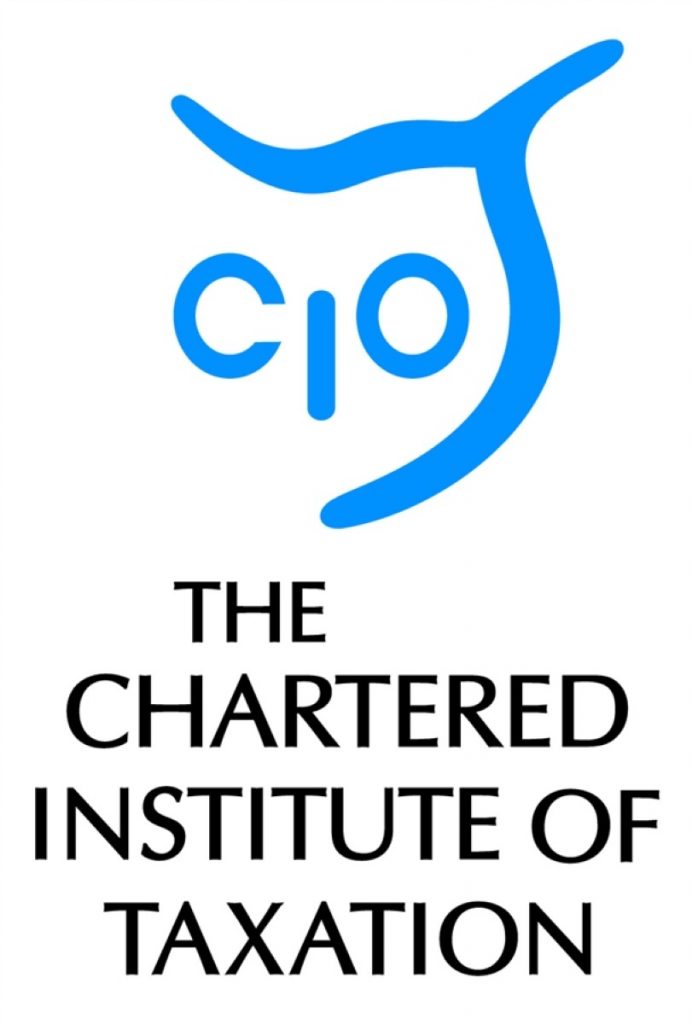Advisers welcome common sense approach on digital firms’ VAT but warn uncertainty will remain
Tax advisers have welcomed a government move1 which will save thousands of small businesses needing to register for European VAT on digital services from having to charge their customers UK VAT, provided their relevant turnover remains below the £81,000 threshold. But they question whether this can be achieved without explicit provision in legislation.
HM Revenue and Customs (HMRC) have adopted a proposal made by the Chartered Institute of Taxation (CIOT) to amend the VAT Mini One Stop Shop (MOSS) scheme so that businesses operating below the VAT threshold will be able to separate their sales to UK customers from sales to other EU customers.
MOSS is designed to simplify the VAT accounting process for businesses providing digital services to multiple EU member states2. EU regulations which come into effect next year make VAT on digital services ‘destination based’, meaning it will be chargeable in the location of the consumer rather than the location of the provider3. This meant sellers of e-books and online courses, among other products, having to register for VAT in up to 27 EU Member States unless they use MOSS. MOSS is an EU-wide scheme enabling such businesses to only register for VAT in one EU member state. However, in order to use MOSS in the UK, businesses are required to be locally VAT-registered. This meant that their entire turnover would be subject to VAT and they would effectively lose the benefit of the UK registration threshold even where they supplied a minimal amount of digital services to European consumers.
HMRC announced this week that businesses with turnover below the VAT registration threshold would be able to VAT register for MOSS in the UK and maintain the benefit of the threshold for UK supplies.
CIOT Tax Policy Director, Patrick Stevens, said:
“There was vociferous rejection of the initial proposals particularly from smaller businesses for whom the removal of the UK VAT exemption would have defeated the very point of MOSS, since the amount of VAT they would pay on their domestic turnover would likely have been greater than the cost of the services they would provide in another state. In most cases, they would have opted not to apply for MOSS but simply register to pay VAT in the state in which the particular service is being provided.
“We are happy to see that the Revenue has adopted a common sense approach which will no longer handicap these key drivers of the UK economy. We also welcome HMRC’s guidance in its Revenue and Customs Brief which provides a much clearer explanation of what supplies would cause a business to have to either register in other EU member states or adopt the MOSS.
“However, our concerns have not been entirely allayed. The current wording of the legislation means it is open to interpretation and will likely result in a situation whereby the separation of UK and EU sales will arise through HMRC concession rather than through proper legislative provision. This likely scenario is yet another reminder of the pitfalls of legislation, poorly designed in the first place, and thus subsequently requiring future concessions to mitigate the liabilities of affected taxpayers. This undermines the law and is deeply damaging to the sense of certainty businesses are looking for; lest we forget concessions can be withdrawn at the whim of the Revenue.”
Notes for Editors
1. Revenue and Customs Brief 46 (2014): VAT rule change and the VAT Mini One Stop Shop – additional guidance, can be found, here; further information on the scheme itself can be found, here.
2. ‘Digital Services’ include broadcasting, telecoms & electronic services such as website development.
3. Unlike the rules that apply in the UK, a business that makes supplies in a country other than where it is established may have to account for VAT in that country even if it has only €1 of turnover; there are no de minimis limits.





-01.png)